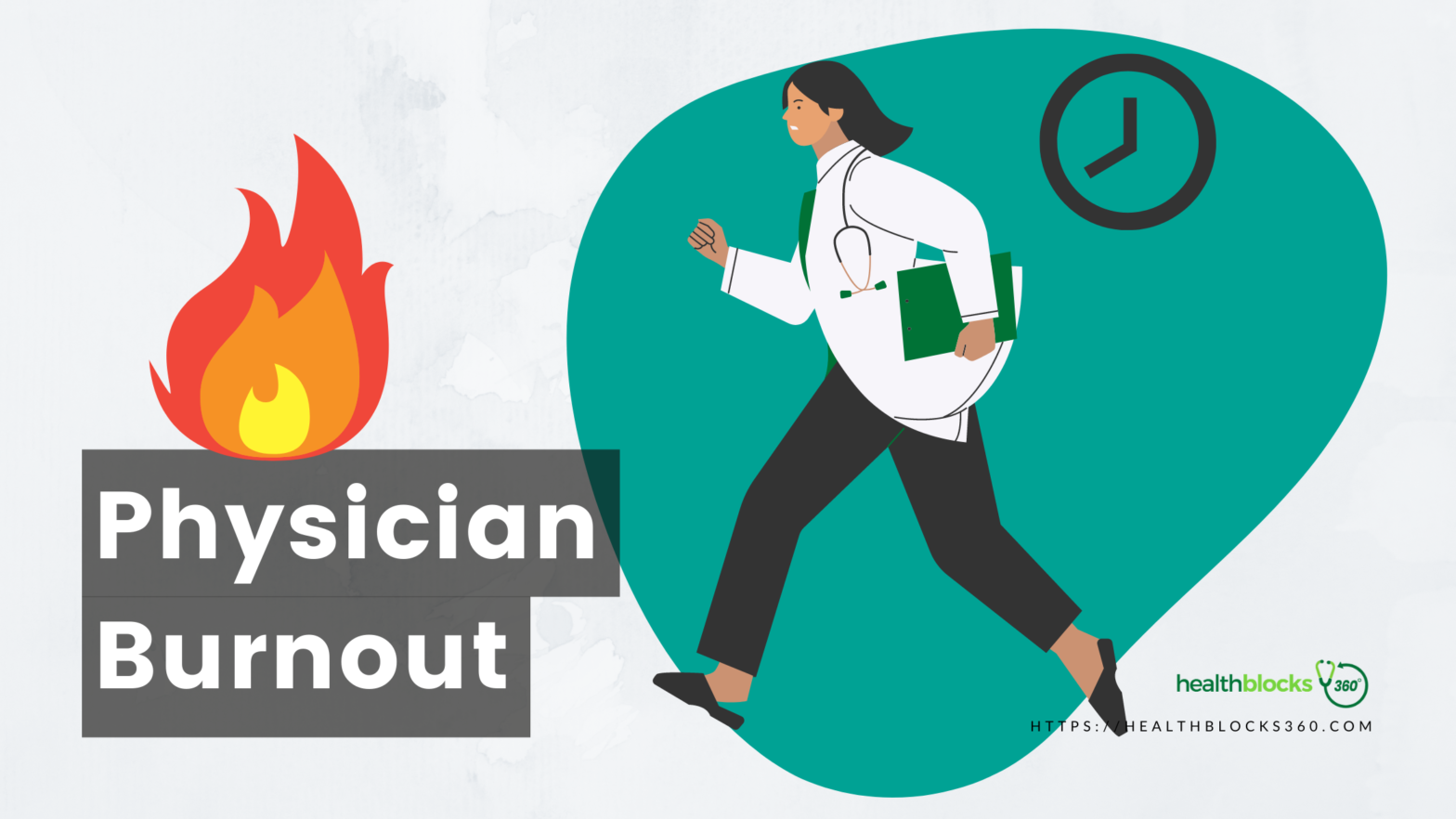
Burnout is almost always synonymous with the medical profession mostly because of the nature of the job. When you’re dealing with different patients daily, working odd hours, and sleeping very little, it’s not uncommon to experience physician burnout before you even know it.
Over the years, several studies have shown that 25-60% of physicians have reported experiencing burnout across different specialties and that number has increased immensely with the COVID-19 pandemic where physicians are one of the most important frontline workers in the battle against this deadly virus.
What is physician burnout?
Physician burnout is recognized as a syndrome by the World Health Organization and it is characterized by a feeling of extreme exhaustion and depletion of a physician’s physical and emotional resources.
When this happens, a physician may start to feel drained to the point that it affects his professional and personal life.
This year alone, 42% of physicians have revealed that they are burned out, with most of them practicing in emergency medicine, critical care, family medicine, neurology, urology, and internal medicine.
According to a study, women experience burnout more than men and some articles published in the Harvard Business Review suggested that this is because women take on more work in the medical field and they usually take more of the burden when it comes to collaborative projects.
What are the signs of physician burnout?
Physician burnout can manifest itself differently among doctors, but some of its most common signs include:
- A constant feeling of tiredness and exhaustion even when you’re not so busy at work
- Lack of appetite or stress eating
- Difficulty sleeping
- Feeling tired even after adequate rest
- Frequent body pains, headaches, and nausea
- Feeling defeated, useless, and trapped in the same situation
- Doubting yourself and feeling like you’re a failure
- Failing to feel any sense of accomplishment and joy at work
- Isolating yourself and withdrawing from the things that you used to love
- Anger issues and the lack of energy and motivation to go to work
How can you prevent physician burnout?
Fortunately, there are different ways to prevent physician burnout from taking over your life. For one, you need to make time for family and friends. Being caught in the chaos of work can sometimes make you forget the more important things in life.
Talk to your spouse, call your Mom or just have dinner with friends. Exercise also helps to release stress and improve your mood. If you’re not a fan of the gym, you can practice yoga or just go on a short run around the neighborhood.
Finally, it’s very important to acknowledge the warning signs of physician burnout and make sure to get professional help if needed. Remember that other people are relying on you for their recovery so you need to be at your best at work.
If you feel consistently drained, exhausted, and stressed, give yourself a chance to step back and refuel. Learn about more ways to prevent physician burnout in our next post.

